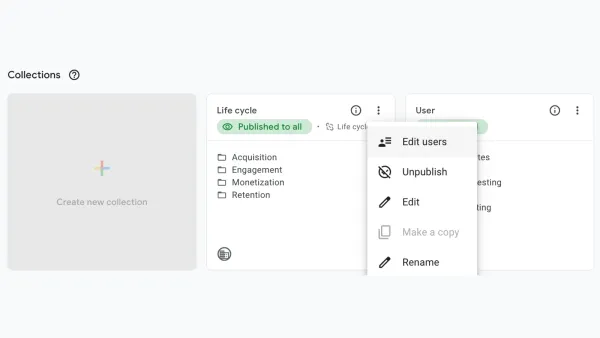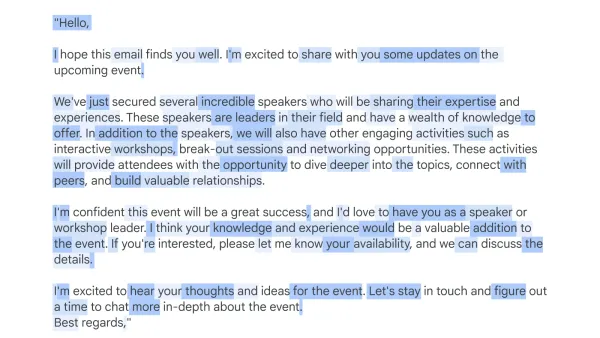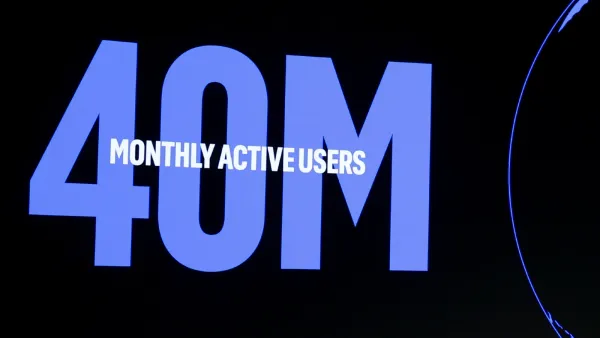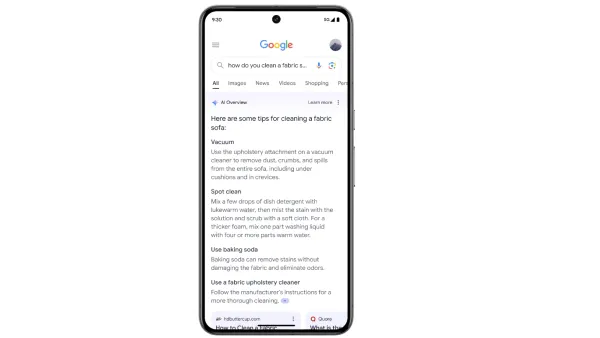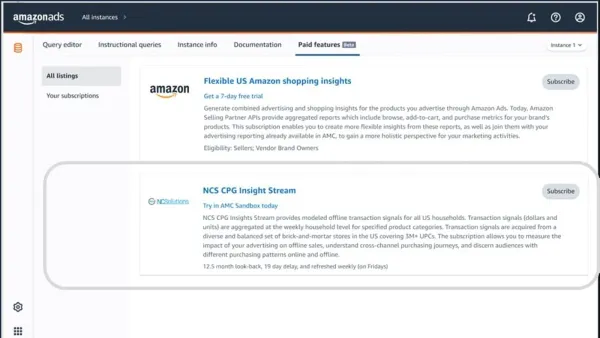Google's Search Monopoly: Need for Strong Remedies to Protect Competition and Innovation

David Segal, Vice President of Public Policy at Yelp, this month argued in a recent blog post that the dominance of Google Search necessitates a robust legal remedy to safeguard competition and user interests in the digital age.
Segal highlights Google's overwhelming market share in the general search market, citing figures around 88% in the United States and even higher in some countries. This dominance, according to the article, stems from practices like exclusive deals with device manufacturers and service providers to pre-install Google Search as the default option. These practices, Segal contends, stifle competition and reduce user choice.
The article references the ongoing lawsuit filed by the US Department of Justice (DOJ) against Google, which details these anticompetitive practices. The DOJ lawsuit argues that Google's actions have diminished the quality of search results as there's less pressure to prioritize user privacy and high-quality results in a non-competitive environment.
Potential remedies and the call for breakup
Segal emphasizes the need for a comprehensive remedy that addresses both past and future misconduct. This includes, at a minimum:
- Banning Exclusive Search Engine Deals: Prohibiting Google from entering into exclusive agreements that make it the default search engine on various devices and services. This ensures a level playing field for competitors and allows users to choose their preferred search engine.
- Preventing Self-Preferencing: Disallowing Google from prioritizing its own search verticals, like local search, within general search results. The article cites Yelp as an example, demonstrating that a ban on self-preferencing can be implemented without compromising user experience.
Impact on Artificial Intelligence (AI)
The article delves into the implications of Google's search dominance for the field of AI. Segal argues that Google's monopoly gives it an unfair advantage in developing Large Language Models (LLMs) - a type of AI capable of generating human-quality text. This advantage stems from two factors:
- Training Data Advantage: Google's search dominance allows it to access vast amounts of user data for training its LLMs, potentially giving them a quality edge over competitors.
- Control Over Search-LLM Integration: Google's control over search allows it to potentially integrate its LLMs more tightly into search results, further consolidating its position.
Segal raises concerns about Google reportedly negotiating with Apple to pre-install its generative AI chatbot, Gemini, on iPhones. This, according to the article, could create a dominant position for Google in the LLM space, potentially limiting user choice and hindering innovation.
Breakup as a potential solution
The article argues that the potential harms of Google's monopoly warrant considering a breakup of the company. This echoes the suggestion of Tim Wu, a former White House competition advisor, who sees breakups as an effective way to prevent further anti-competitive behavior.
Breakups, according to Segal, can foster innovation by forcing separate entities within Google to compete on their own merits. The article cites the example of AT&T's breakup, which is credited with stimulating the internet revolution of the 1990s.


